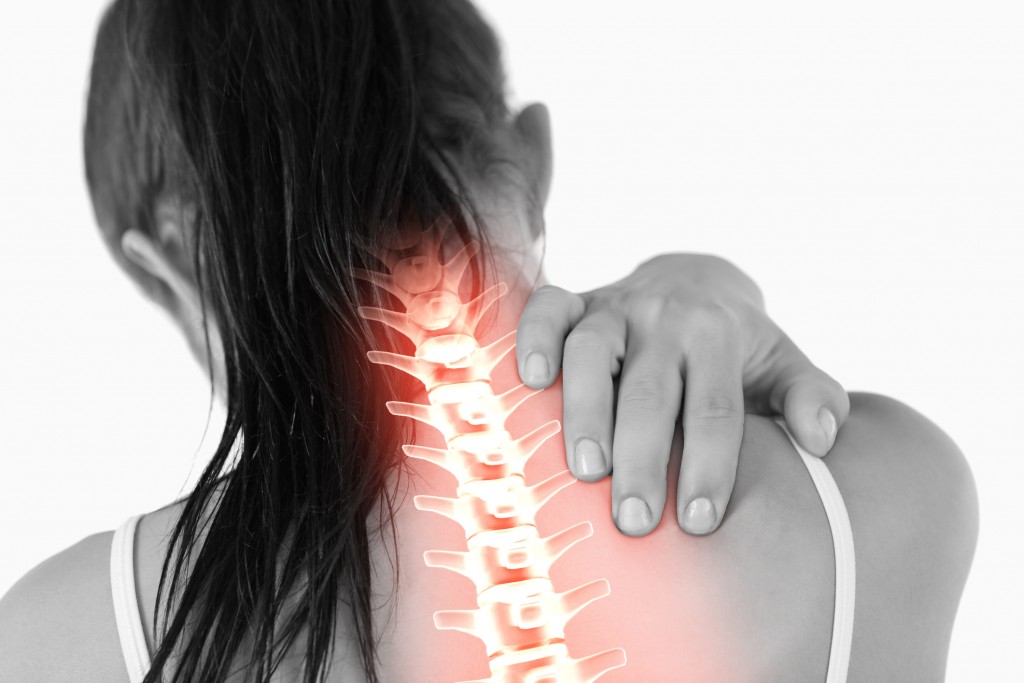8 Tips to Reduce Neck Pain

Because two thirds of us will experience neck pain – we know it’s not fun! When the muscles, tendons and ligaments around the cervical spine or the upper spine and neck constrict from tension or activity it’s time to take assessment of your activities.neck pain
Some of the neck pain we experience can be avoided. Here are a few suggestions from MHSI’s physiatrists (physical medicine and rehabilitation doctors).
- Position your computer screen directly in front of your eyes to prevent your shoulders from hunching over to see the screen. Get up and move around at least every 30 minutes. Rest your arms on the desk or table in front of you when typing. And, sit up straight.
- Create a stand for your tablet to keep it at eye level to prevent hunching over the screen.
- If you spend time on the phone, be sure to use a hands-free device rather than cradling the phone between your ear and shoulder.
- Take a few minutes to stretch your neck muscles. A few quick chin tucks and head turns helps to strength and stretch the muscles, along with some deep breathing helps relieve tension.
- Lighten the load on your shoulders, when you sling a heavy purse over your shoulder or carry a loaded brief case it causes strain on your shoulders. They are no longer level which causes the neck muscles to work harder to compensate.
- Drink lots of water to keep the discs between the vertebrae hydrated – they are mostly made of water. Staying hydrated is good for the entire body.
- If you smoke – stop. Smoking effects every organ, muscle and cell of the body.
Carrie Stewart, M.D., physiatrist, also suggests sleeping on your back.
Back sleepers keep their neck in alignment with the spine and reduce the risk of added strain on the neck. Side sleepers find placing a rolled towel under the neck helps to better align the neck and spine.
Dr. Stewart advises that if pain is not reduced within a few days of stretching, heat and over the counter anti-inflammatories, scheduling an appointment with a physiatrist is a right next step to determine if it’s just muscle strain, a herniated disk or other medical condition. If pain radiates down the arms, it’s time to see a doctor.
3 comments
Cande Tschetter
February 2, 2016 at 2:01 pm
Great tips!
christine rygiel
February 11, 2016 at 10:54 pm
Very good info on Strokes. Enjoy your website. Only wish you published more often. Thanks!
Michigan Head & Spine Institute
April 7, 2016 at 8:05 pm
Hi Christine, we are working to add more educational articles. Thanks for the comment. Hope you are well!
Comments are closed.